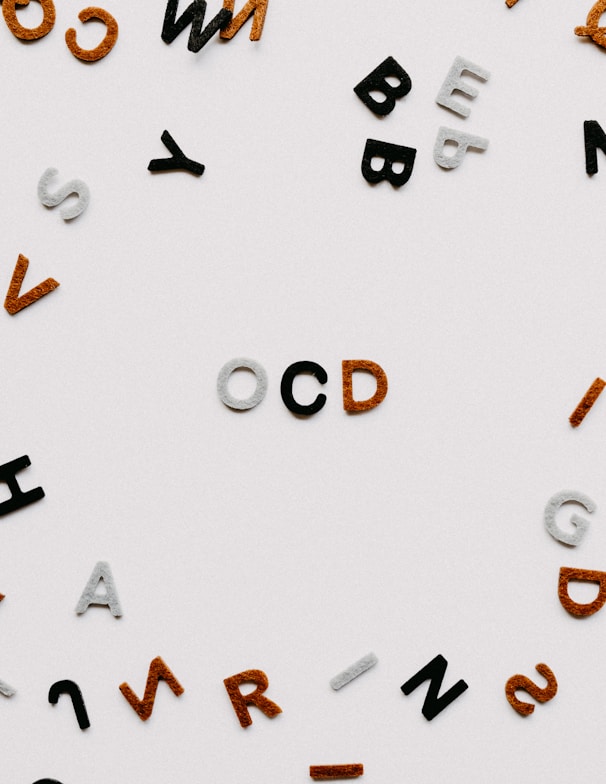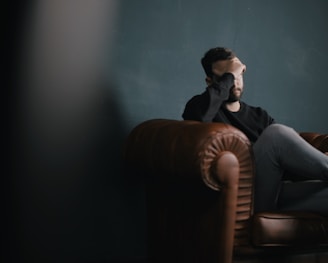Obsessive Compulsive Symptoms
What is Obsessive Compulsive Disorder (OCD)?
At Catalyzing Courage, we try to avoid using diagnostic terms to describe our clients and generally reference specific symptoms like obsessive or compulsive. On the other hand, we recognize that OCD is a common term within our culture, and it is also the diagnostic term for a collection of specific symptoms related to obsessions and compulsive behaviors in the DSM 5.
From a clinical perspective, Obsessive-compulsive disorder (OCD) is a mental health disorder that is characterized by unwanted intrusive thoughts (obsessions) and repetitive behaviors (compulsions). People with OCD may feel the need to perform these compulsions to reduce their anxiety, but the relief is often temporary.
For treating obsessive compulsive symptoms, we utilized Exposure Therapy to mitigate symptoms, while working toward the underlying issue, generally some form of trauma, and work toward releasing this emotional pressure driving you toward this behavior.


Exposure Response Therapy
Exposure therapy is a type of cognitive behavioral therapy (CBT) that is used to treat OCD. It works by gradually exposing people with OCD to their fears and obsessions in a safe and controlled environment. The therapist helps the person to resist the urge to perform compulsions, even though it may be very difficult at first.
Over time, with repeated exposure, the person's anxiety about the feared situation or thought decreases. This is because the person learns that the feared outcome will not actually happen.
For example, someone with OCD who has a fear of contamination might be asked to touch a dirty object or to eat food that has been touched by someone else. The therapist would help the person to resist the urge to wash their hands or to throw away the food.
As the person continues to expose themselves to their fears, their anxiety will gradually decrease. Eventually, they will be able to tolerate the feared situation or thought without feeling the need to engage in compulsions.




Exposure therapy is a highly effective treatment for OCD. It has been shown to be more effective than medication in reducing OCD symptoms.
In addition, exposure therapy can help people with OCD to improve their quality of life. They may be able to return to work or school, spend more time with their family and friends, and engage in activities that they enjoy.
Here are some common obsessive compulsive symptoms that can be treated with exposure therapy:
Fear of contamination
Fear of harming oneself or others
Fear of making mistakes
Need for symmetry or order
Excessive checking
Recounting
Rumination
Hoarding
Here are some additional resources about exposure therapy for OCD:
International OCD Foundation: https://iocdf.org/
OCD UK: https://www.ocduk.org/
The National Institute of Mental Health: https://www.nimh.nih.gov/health/topics/obsessive-compulsive-disorder-ocd/index.shtml
